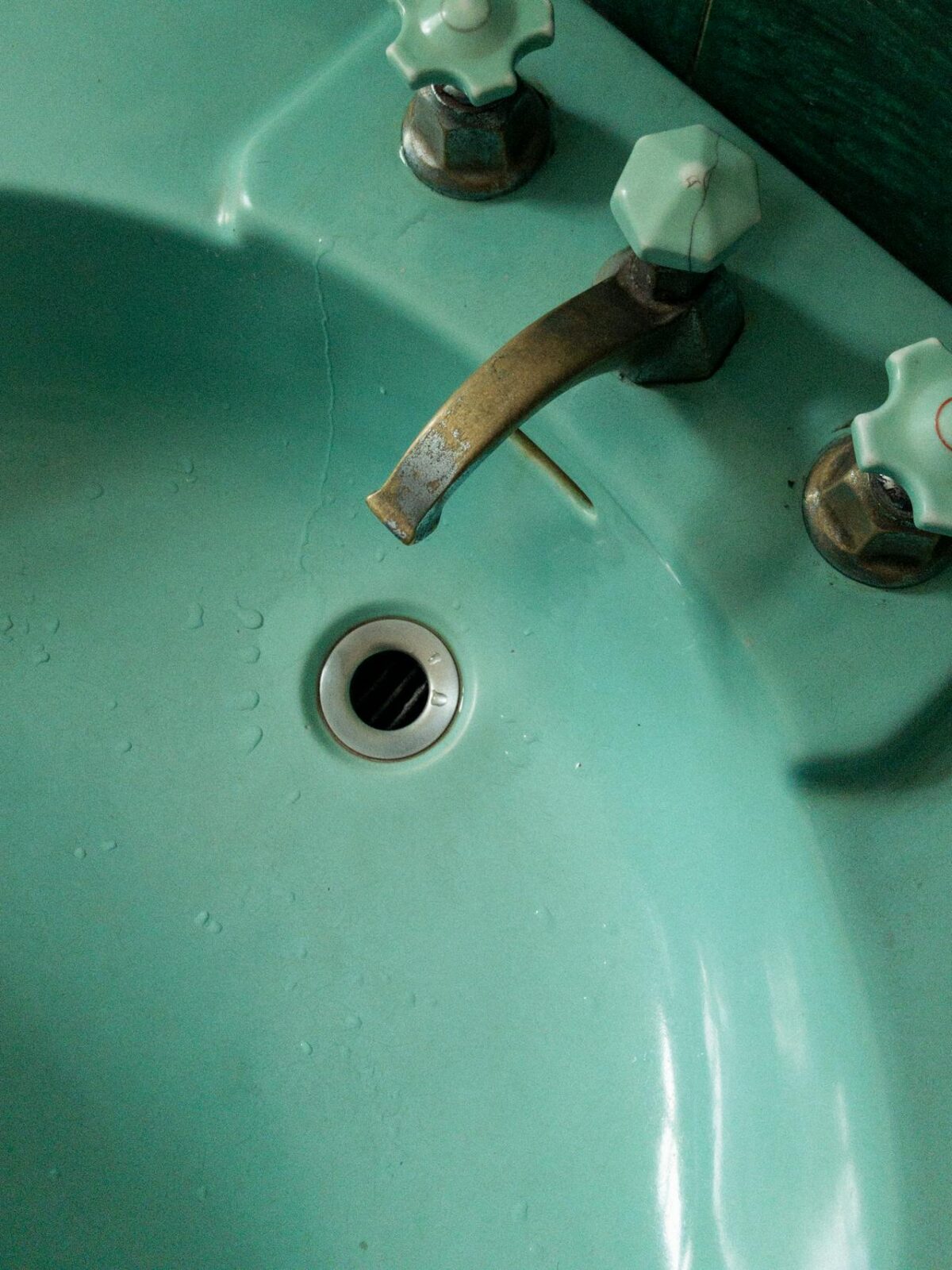Hard Water Problems? Here’s How to Protect Your Home and Appliances

Are your glasses coming out of the dishwasher covered in spots? Or do your clothes feel stiff even after they have been washed? If yes, you may be dealing with hard water! Hard water tends to quietly wear down your home’s appliances. It leads to increased energy costs and also leaves behind stubborn residue on your surfaces and fixtures. It may also cause dull hair and dry skin. Hard water is a common issue in many homes and can lead to some serious maintenance problems if ignored! However, you can minimize the damage and keep everything working in your home the way it is supposed to with just a few measures. Follow along to learn more!
Managing Hard Water in Dishwashers and Washing Machines
Dishwashers and washing machines are usually the first appliances that show signs of hard water trouble! You may begin to notice cloudy dishes, chalky residue inside the machine, or laundry that never feels clean. This is because minerals like magnesium and calcium in hard water do not dissolve well. They cling to surfaces, clog small parts, and interfere with the effectiveness of soap and detergent, too.
One of the most effective ways to deal with this problem is regular cleaning. For your dishwasher, you can run a regular monthly cycle with white vinegar in the empty appliance to break down the buildup inside the spray arms. This will help in restoring its performance. For the washing machine, a similar approach can help! Clean the detergent drawer, seals, and interior drum on a routine basis to prevent the accumulation of residue from hard water minerals and leftover detergent.
It is also important to use the right cleaning products. There are detergents and rinse aids specifically made for hard water. They can keep your clothes and dishes cleaner and reduce the residue as well. If your machines are still struggling, you may want to look for a water softening system. This can prevent minerals from entering the appliance in the first place and help them perform better so they last longer.
Keeping the Water Heaters Running Efficiently
Water heaters face a unique kind of challenge with hard water! As the water is heated, the minerals become even more likely to form solid deposits. Over time, these minerals settle at the bottom of the tank or coat the heating elements. This creates a barrier between the water and the heating source, which means that the unit will have to work harder and use more energy to do the same job.
One simple way to make your water heater cope with the hard water is to lower the temperature slightly. This will slow down the rate of scale formation, so you have a little more time in between maintenance checks. However, the buildup will happen eventually if you do not take extra measures. This is why it is necessary to flush the tank regularly, particularly if you start hearing popping or rumbling sounds from the heater. These are signs that the sediment inside is heating up and moving around.
In more severe cases, a more reliable solution would be to install a water softener. It will stop scale from forming in the first place by removing the minerals from the water before they reach your plumbing. This will increase the lifespan of your appliance, too. You will also experience a reduction in your utility bills.
Protecting the Smaller Appliances and Fixtures
Hard water does not only affect the major appliances; it can also leave its mark on your ice machines, coffee maker and even your showerheads. If you notice the water flow has slowed down, a white crust forms on the fixture edges, or there is an odd taste in your morning coffee, the likely culprit in all these cases is hard water.
Smaller appliances like coffee makers can benefit from regular descaling with vinegar and water solution. You can run this mixture through the machine every few weeks to dissolve any mineral deposits and keep it running properly. Faucets and showerheads also tend to get clogged over time, which leads to reduced water pressure. Soak these fixtures in vinegar overnight to break up the buildup and restore water flow.
You may also want to consider switching to filtered waters for cooking and drinking to improve taste and prevent issues in your countertop appliances. However, if the buildup shows up throughout the house, a home water softener can provide a more effective solution with broader protection. Also, if hard water is a frequent issue in your area, reaching out to a trusted Indianapolis soft water service could help keep your home running smoothly.
Final Thoughts
Hard water is a silent and hidden threat in your home. It slowly affects the performance and lifespan of your appliances, dishes, and clothes and affects your skin and hair, too. The damage caused by it may lead to expensive repairs, higher utility bills, and constant cleaning frustrations. If you take practical steps like routine maintenance, use the right cleaning agents, and install long-term solutions, you can protect your home and appliances from the effects of minerals buildup.






